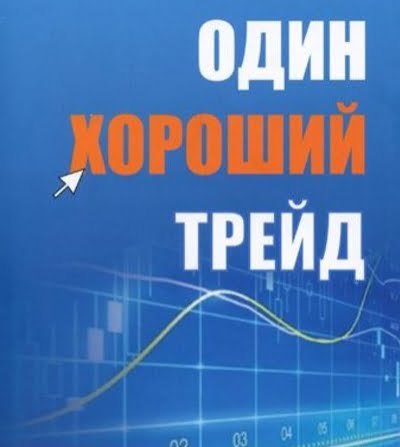John spent the day perfecting his trading rules.. He tediously used indicator after indicator, despite, that many of them showed the same thing. The search continued. John frenziedly believes, that he missed something, but doesn't know, what exactly. He's not going to invest, not absolutely sure yet, that his trading plan is error-proof. He thinks: “i have to know every possible factor, which might interfere with the deal, otherwise i will lose money, and that would be a fatal blow”. John is struck by analysis paralysis. He cannot make a decision and hesitates in fear and uncertainty..
People differ in degree, with which they are struck by the paralysis of analysis. For some, it runs relatively gently and may even work., as an adaptive approach to decision making, but for others “analysis paralysis” is an old psychological problem.
Normal course of analysis paralysis.
Careful analysis of all possible alternatives and all possible consequences of the decision – a sign of good decision making. It's important to avoid impulsive decisions, when unnecessary risks appear. For example, You would not like to buy a house or a car that is too expensive, that doesn't fit into your budget. If you have saved enough money, to open a trading account, You, probably, know this and have a strong desire to apply that, what have you learned in financial life for professional trading. When you come to Trading, it is vital to have a clearly defined trading plan. Make Sure, that a single trade cannot destroy your trading account. Besides, clearly identify signs and signals, indicating, that your plan was broken, when should you close the trade, to protect capital. It is useful to conduct a full analysis before making a decision., but it is not helpful to be paralyzed by this analysis. Pathological options.
Pathological options.
Pathological paralysis of analysis is very different from normal decision making. Traders with this disease have a greedy need to find confidence and security.. For them, insecurity is insecurity.. This is not just a pessimistic view of events.. They equate money with psychological safety.; lost money is not only a loss of financial security, but also a loss of emotional security and wellness. How does such a disease develop?? For many, it originated in early childhood.. Parents often made rules for their children and punished them., when the rules were violated. baby was looking for, what rules to follow, to avoid punishment and discomfort, related. Becoming an adult, we create our own rules and decide, follow them or not; we are not looking anymore, as children, “the faithful” regulations, to avoid punishment. People with analysis palsy, against, seek to seek “correct rules”. They're constantly looking for rules, and when there are no clear rules, they just make them up. So, as if their parents followed them into adulthood. They are always there for them – grunting and threatening punishment, if a “the faithful” rules are not defined and strictly enforced. For traders with palsy, this childhood conflict manifests itself, how to search “faithful” the indicator or “faithful” trade rules. They have a strong need, to make everything perfect. Because the, if it is not so, They are sure, that some kind of punishment is inevitable.
You have an extreme form of analysis paralysis? If so, it is vital to identify this disease and develop a strategy to combat it.

